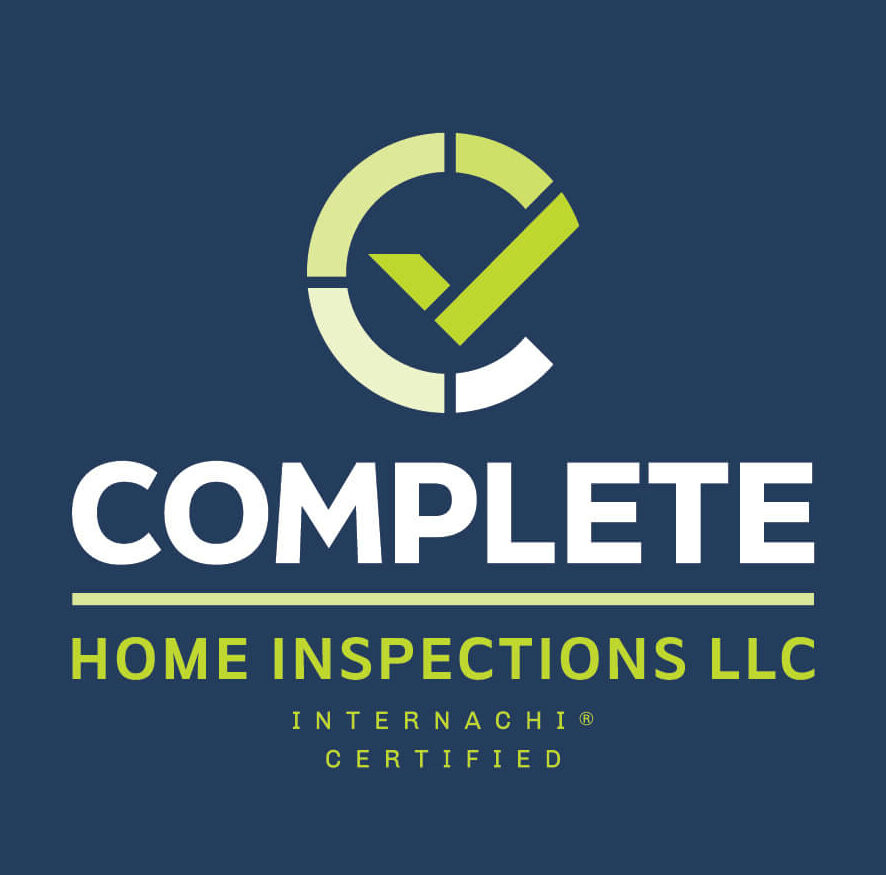Our Services
Our home inspections are performed with great care and attention to detail.
> Buyer’s Inspections
Buying a home is one of the largest investments you will ever make. Before you buy, you should have a home inspection to avoid potentially costly repairs that would otherwise go undetected until they become even more costly. Our home inspections catch deficiencies and aim to give you to better understanding of the home’s condition.
> Seller’s Inspections
Some homeowners want to make repairs to their house before they put it on the market and will make repairs using an inspection report as a baseline reference. This will provide you with a comprehensive report on the condition of your house. Please understand that most buyers will still want to perform their own inspection even if the seller has already had an inspection done.
> Builder’s One-year Warranty Inspections
Most new home builders include a one-year warranty with the purchase of their homes. A homeowner may want to have a professional inspection done on their home before the builder’s warranty expires. The homeowner can then pass the report to their builder’s warranty department for adjustments, repairs, or replacements of home components.
> Maintenance Inspections
A homeowner may want a list of repairs to work from to keep their home’s maintenance requirements up to date. Sometimes it’s difficult to objectively evaluate your own house. An objective inspection report can help the homeowner prioritize home repairs.
> Landlord/Maintenance Inspections
Landlord inspections (with full-time tenants or Airbnb/Verbo properties). Whether property owners live out of town or nearby, they need to keep in touch with the condition of their investment. Yearly inspections can provide valuable and sometimes critical information to prevent costly repairs and protect the value of their property.
> Buying Commercial/Industrial Property Inspections
Purchasing commercial or industrial properties, from multi-family units to commercial/retail/industrial spaces may involve many complex and varied features that could be costly to repair or replace if deficient. Having a clear understanding of the property’s condition will help with making decisions in moving forward with an investment.
> Building Management/Maintenance Inspections
Conducting annual maintenance inspections for commercial/retail/industrial properties is an important means to protect investment and reduce unforeseen repairs in a timely manner.
Performing a sewer scope is the best way to know the condition of the building’s sewer pipes from the building to the city tap or septic tank before purchasing a home/building. Deficiencies in a sewer line are rarely covered by insurance and the cost for repairing them can be expensive. A building’s age can be a factor in its sewer pipe’s condition, but deficiencies have been discovered in new construction as well as old. When deficiencies are discovered, we use locating equipment to help us determine where the deficiencies are located, providing the most accurate information to the client.
Radon is found in every part of the country and can be harmful to health. It is always a good plan to check to make sure the house you will be living in is a safe environment, worry-free from unseen and potentially harmful health hazards. We conduct both short-term (48 hr.) and long-term (up to 6 months) Radon testing.
Knowing the condition of the water coming into house for drinking, cooking, and bathing is always a smart choice. Knowing the condition of the water will help to provide confidence before you make your investment.
Frequently Asked Questions
Buying or selling a home can be a stressful experience, but we’re here to ensure you know what to expect during your home inspection.
A home inspection includes checking for any structural issues such as foundation cracks, roof leaks, plumbing issues, electrical wiring, heating/cooling systems, insulation, windows, doors, chimneys, etc. Depending on how big the property is, a home inspection typically takes 2-3 hours.
Ensure all inspection points are free from clutter, including any closets that might lead to a crawlspace or attic, and clearing some space around your home’s perimeter. It’s also important to check the functionality of all built-in appliances, electric, and gas. If you don’t plan to attend the inspection, make sure your inspector has access to the home, and all pets are properly contained or moved.
A home doesn’t pass or fail an inspection. Instead, a home inspection is a thorough audit of your home’s components. In most cases, there will be concerns marked on your home inspection report, but these are strictly informative.
While you can legally skip a home inspection in many cases, doing so could mean you may end up buying a home that has major issues that need to be fixed.
While a home inspector may recommend some minor repairs, they are not qualified to make major repairs. He or she can provide information about what needs to be repaired — and it might be helpful to know that information — but the decision to actually do the work lies solely with the homeowner. Not only does this you the freedom to choose your contractors, but it also helps prevent a conflict of interest.
A home inspection can affect appraisals for two reasons: 1) The inspector may find something wrong with the property that would lower the value of the home, 2) The inspector may find things that need repair which could increase the value of the home. If the inspection finds issues that require repairs, then the seller has to decide whether they want to fix them themselves, or hire someone else to do it. If the buyer wants to purchase the home, he/she must be willing to pay for those repairs.

.png)